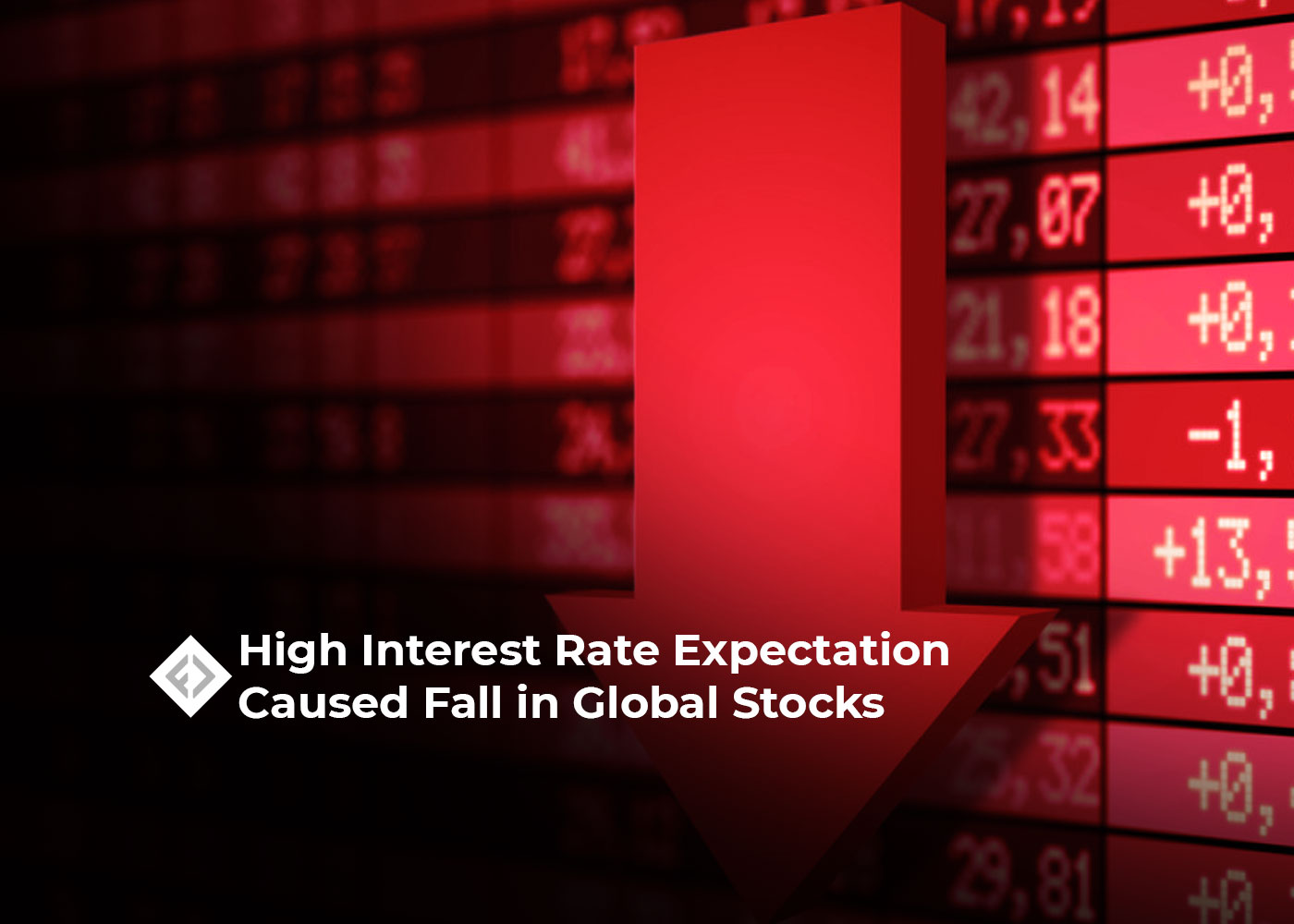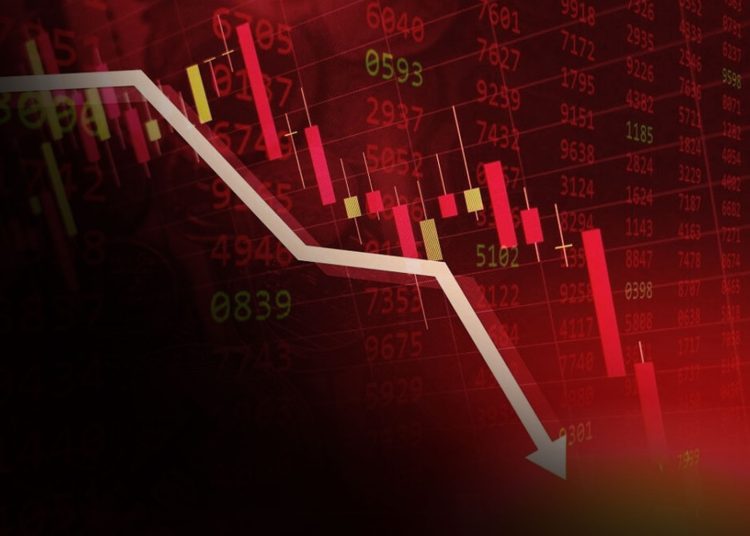On Wednesday, global stocks dropped to their lowest in over a month, and U.S. Treasury yields remained at their highest since November as investors worried about rising inflation and interest rate is impacting market sentiment.
https://youtu.be/unqhbm2CjsU
Wall Street Posted Its Worst Performance This Year On Tuesday
MSCI’s wide-reaching index of global stocks declined by 0.4%, heading towards its lowest mark since January 20th, while the Asia Pacific shares outside Japan fell 1.3% to their smallest point since mid-January.
At the start of trading, Europe’s STOXX 600 share index declined 0.4 percent, while Wall Street futures signified that the S&P 500 was anticipated to grow by 0.2 percent after its two-percent decrease on Tuesday – marking the worst daily performance in 2021 so far. Investors grew concerned over a powerful reading from S&P Global’s composite PMI, which pointed to persisting inflation and healthy business conditions alike.
According to Luca Paolini, the Chief Strategist at Pictet Asset Management, “The market has been too optimistic. The economic data we’ve seen is much stronger than what was expected, and it’s something that needs to be acknowledged.”

The Fed Is Expected To Increase The Interest Rate
Last month, the MSCI all-country stock index skyrocketed by 7.1 percent. However, this February saw a decrease of 2 percent due to an impressive U.S jobs report and growing interest rate concerns, even though economists improved their estimations for economic growth in the United States and Eurozone during 2021. On Wednesday, the yield on 10-year US Treasury dropped from 3 bps to 3.953%, its highest since November, while its price experienced a decline at the same time
At the beginning of 2020, Treasuries experienced a remarkable rally in response to predictions that inflation would decrease. Yet, since then, the benchmark 10-year yield has risen an impressive 60 basis points from its January low. Consequently, swap markets are now expecting that the Federal Reserve will raise their current interest rate of 4.5 percent to 4.75 percent – powerful evidence of how influential this central bank is all around the world!
On Wednesday, the Reserve Bank of New Zealand raised its interest rates to 4.75%, a more than 14-year high, indicating that further monetary tightening is likely in store for investors. JPMorgan Asset Management’s global market strategist Kerry Craig commented on this decision: “It worries the markets that central banks may need to raise their rates substantially more to control inflation.”
You may be interested in: China Becomes Saudi Arabia’s New Trading Partner











